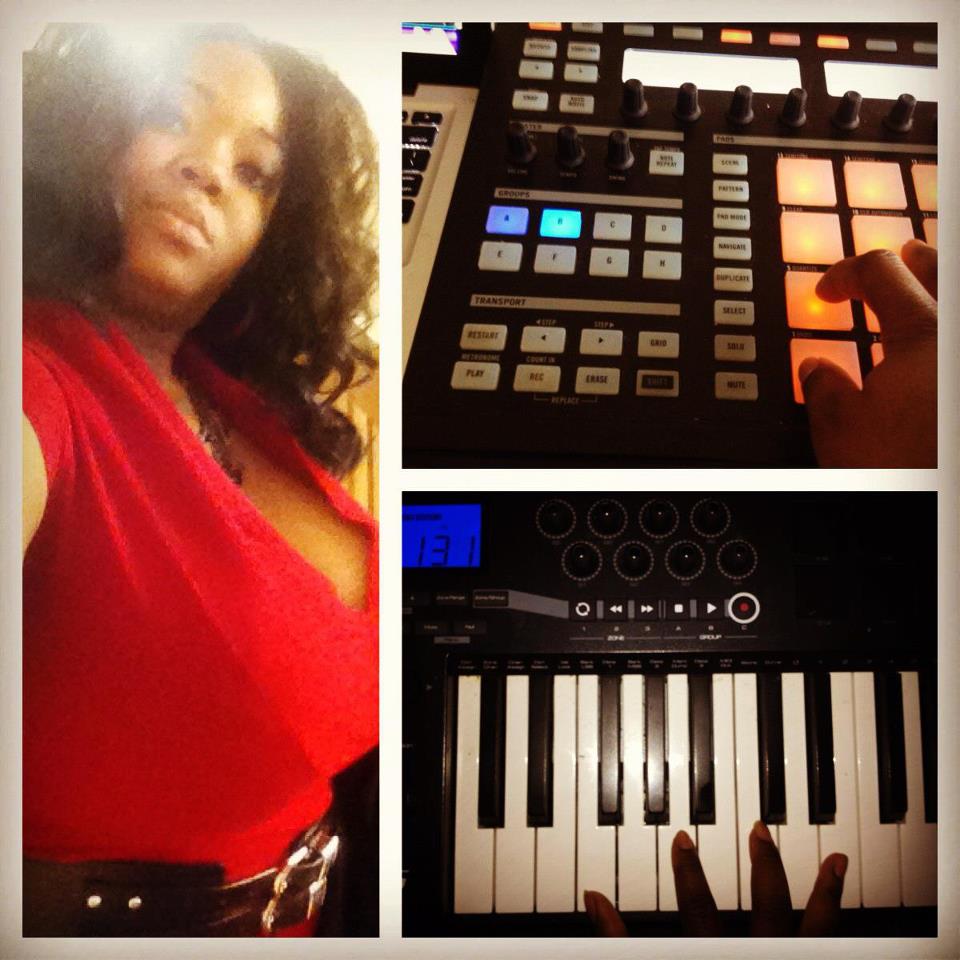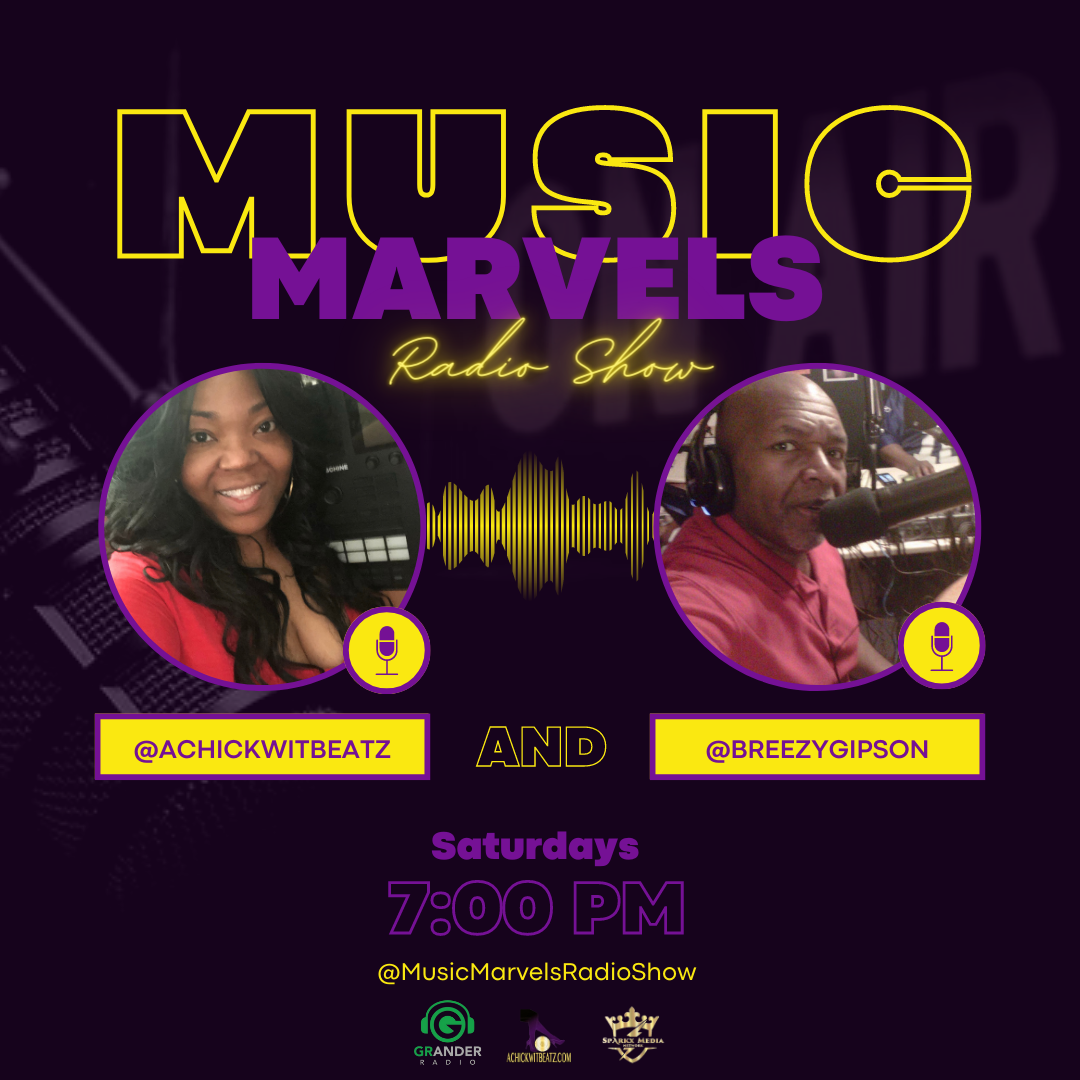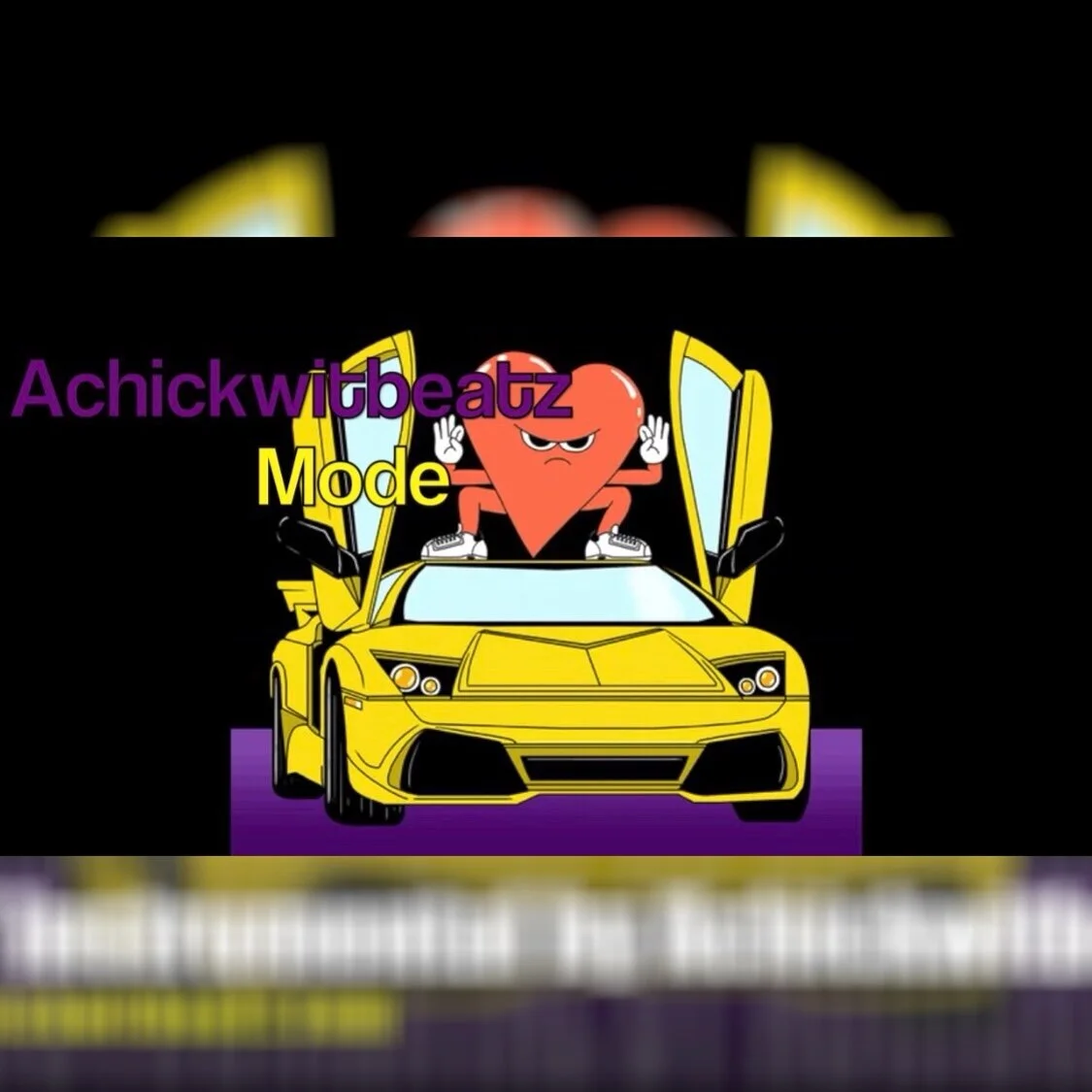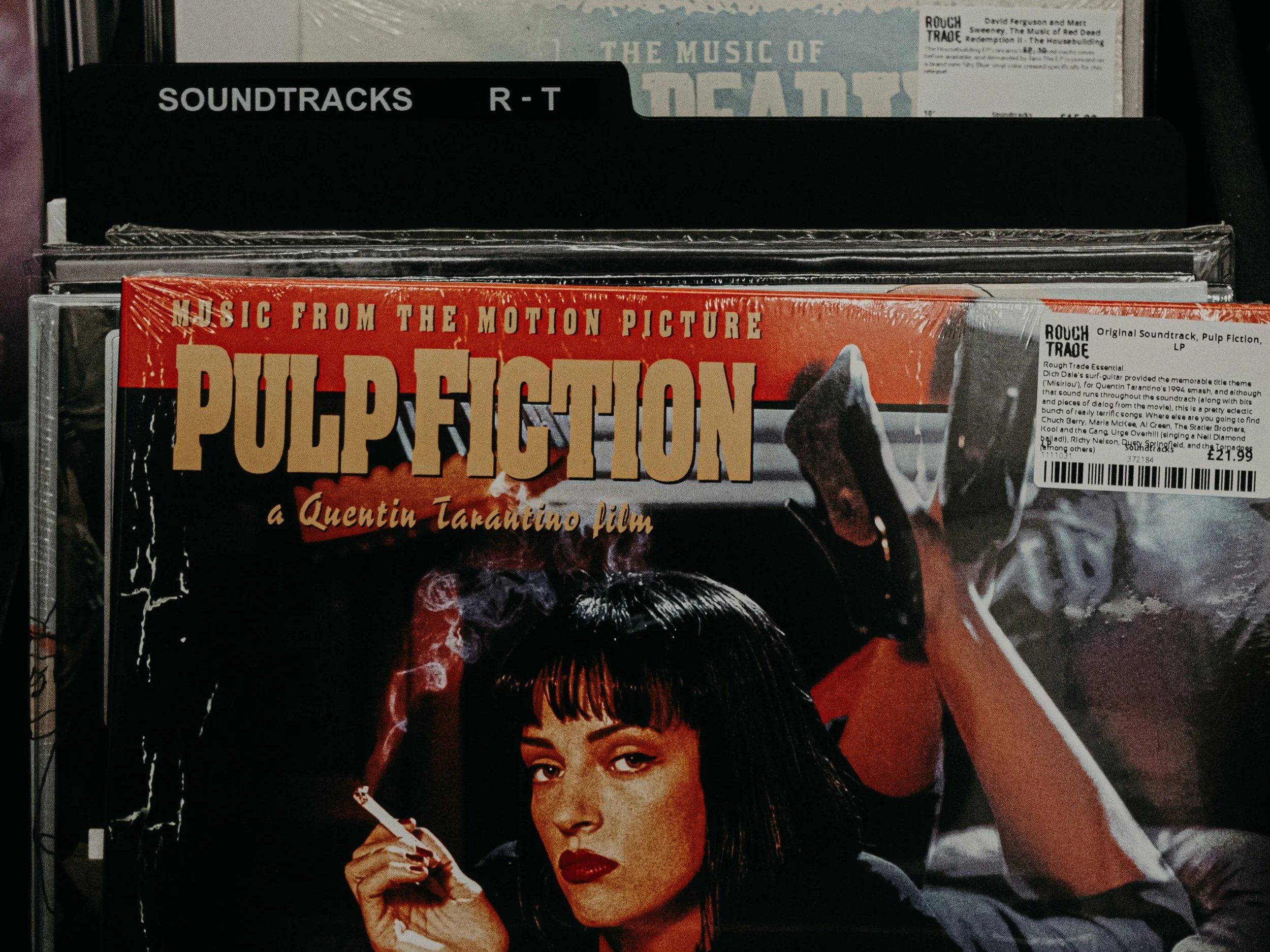There are multiple online publications that frequently release articles full of relevant information for artists looking to keep up with current events in the music industry. Many of these outlets use jargon that is common to mainstream heavy-hitters, but often tends make independent artists who don't have the time to research terms feel excluded. As a producer, I've been asked about many of these from time to time, so I compiled a glossary with concise definitions to help you navigate through any article to determine how you can apply the information to your artistic career. If there's another term not listed here that you've seen or heard frequently, but need it clarified, please feel free to mention it in the comments and I'll be happy to include it.
360 Deal: Unlike a traditional label deal where a label recoups their investment from the artist's sales, this allows the music label to take a percentage of all (360º) of the artist's revenue streams; recorded music, merchandise and live shows/concerts.
Ad-Based Streaming: Streaming services that have a free tier allow users to listen without having to pay for a subscription, but is funded by paid advertisement.
Album: A collection of recorded songs distributed as one item.
Beat-maker: Commonly referred to as a producer, but is solely responsible for composing instrumentals with which artists can create songs.
Composer: Someone who writes music (vocal, instrumental, or a combination of both).
Copyright: An originator's sole legal right to distribute or authorize distribution of artistic material.
Digital Sales: Downloads from various music services such as iTunes, CD Baby, Bandcamp, Traxsource, Juno, etc.
Distribution Deal: The artist receives access to the distributor's network and the distributor is given the exclusive right to deliver music to physical and/or digital retailers to distribute music within a specified territory.
EP: An abbreviation for "Extended Play", an EP contains more music than a single but is not long enough for a full album (typically 3-5 songs).
Independent Label: A label that functions without utilizing major label funds.
Internet Radio: Service that broadcasts/streams media via the internet such as Pandora, Deezer, Rhapsody, Live365, Slacker, LastFM, etc.
LP: An abbreviation for "Long Play", an LP contains more music than a single or EP(typically 8-12 songs).
Major Label: A label with a large amount of funding and their own distribution network/services, such as Universal Music Group, Sony Music Entertainment, and Warner Music Group.
Mechanical Royalties: Owed to songwriter whenever a song written is manufactured to be sold in a physical format, downloaded through a digital retailer, or streamed via a streaming provider.
Metadata: Detailed information about the song including credits embedded into to the electronic file.
Physical Sales: Tangible units purchased by fans such as CDs, cassette tapes, and vinyl.
Points: The percentage of retail sales royalties owed to the music producer.
PROs (Performance Rights Organizations): Organizations such as BMI, ASCAP, SESAC & SOCAN that are responsible for collecting royalties for songwriters, composers & publishers when their music is publicly broadcasted in venues, on TV stations and internet radio. Your copyrighted works must be registered with one of these organizations in order for them to collect royalties on your behalf.
Producer: Commonly referred to as the person who composes the instrumental music, but traditionally includes aiding in the organization of the song or album, suggesting arrangements or song selection and providing guidance to the artist to completion of the song or album.
Publishing: Owning and capitalizing on a song, album or musical catalog to generate revenue.
Recording Engineer: Responsible for recording, editing and mixing vocals for a song or album.
RIAA (Recording Industry Association of America): An organization formed in 1952 to protect the intellectual property of artists, to research, monitor & review music industry laws, policies and regulations.
Royalties: Money owed to the copyright owner(s) for the performance, printing, sales of recordings, and/or TV/film licensing of their work.
Single: A release of one or more songs distributed as one item, but typically contains fewer songs than an EP.
Songwriter: Someone who writes lyrics for a song.
Stream: The flow of music in real-time to an electronic device via a provider, without the ability or need for the end-user to download the file.
Streaming Provider: A source that allows users to stream music such as Pandora, Spotify, YouTube, Apple Music, TIDAL, Deezer, etc.
Subscriber-Based: Streaming services that rely on revenue from listeners who pay for a subscription as opposed to being funded by paid advertisements.
Sync License: A license that allows music to be synchronized with visual media such as television and film.
Terrestrial Radio: Conventional "land-based" radio transmitting from a physical location as opposed to internet-based radio.
- Album Reviews
- Art
- Beats/Instrumentals
- Books
- Conversations & Quotables
- Did You See It?!
- Free Downloads
- Free Game Friday
- Hear Here
- Hip Hop Documentaries
- Hip Hop History
- Independent Labels
- Indie Analysis
- Instrumental Intel
- Internet Radio
- Interviews
- Mini Documentaries
- Music
- Music Documentaries
- Music Education
- Music History
- Music Humor
- Music Industry News
- Music Marvels Radio Show
- Music News
- Podcasts
- Poetry
- Resources for Artists
- Think Piece Thursday









![Hear Here: Achickwitbeatz - Dopamine & Serotonin [Single]](https://images.squarespace-cdn.com/content/v1/52b0b90ae4b0293bfed0d692/1710852808557-EZYGFDIBHLBSIRFOVS1Q/Dopamine+%26+Serotonin.JPG)












